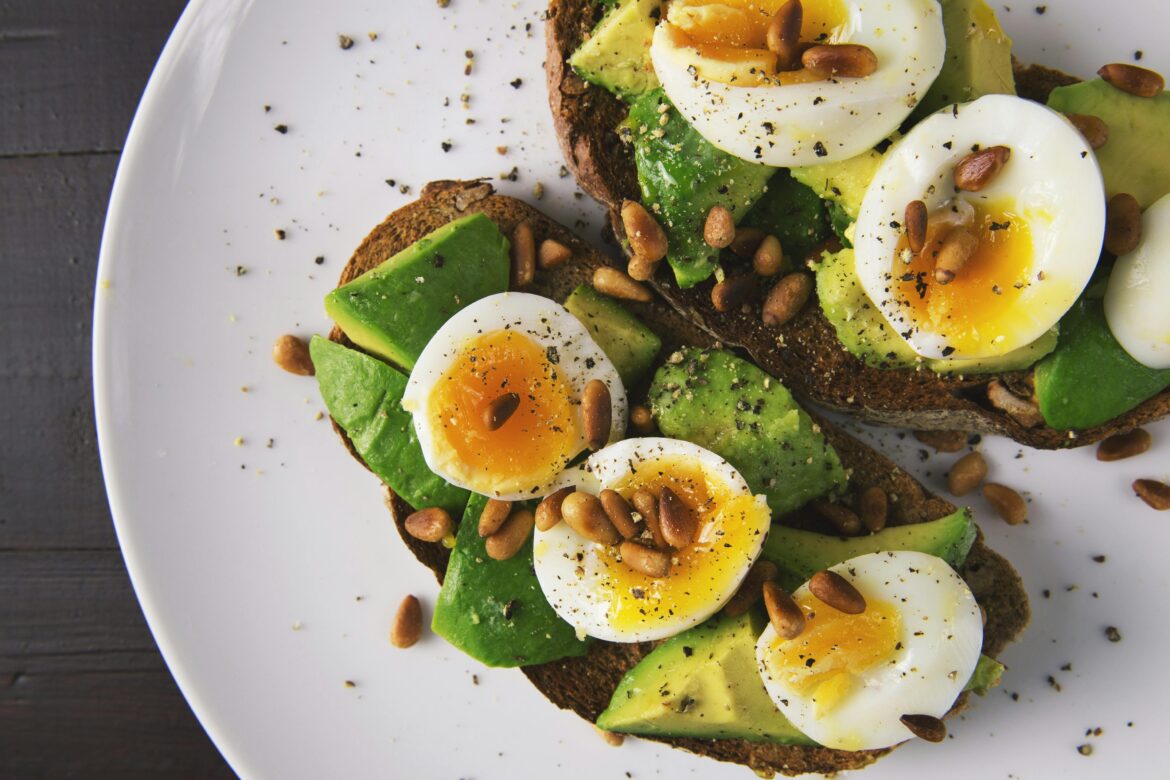Islam is more than just a religion; it’s a complete way of life that emphasizes the importance of health and well-being. Among the many guidelines offered in the Quran for leading a healthy life, certain foods are highlighted not just for their nutritional value, but also for their spiritual significance. Including these foods in your diet can nourish the body and the soul, fostering a deeper connection to your faith. Let’s explore six foods mentioned in the Quran that can play a vital role in a healthy Muslim diet.
First on the list is bananas. The Quran describes the fruits of paradise, and bananas are mentioned explicitly among them. This blessed fruit is not only delicious but also packed with essential nutrients. Bananas are rich in potassium, crucial for maintaining fluid balance, nerve function, and muscle health. They also contain vitamin B6, which is necessary for protein synthesis. Whether eaten as a snack or included in breakfast, bananas are a versatile and healthy choice, empowering you to make diverse and beneficial dietary choices.
Next, let’s talk about olives. Many of us have grown up with olives as a staple in our diets, often encouraged by our parents to consume them for their health benefits. The Quran mentions olive trees, particularly those growing on Mount Sinai, highlighting the fruit and its oil. Olives are loaded with essential fatty acids that support brain and heart health. Olive oil, a vital component of the Mediterranean diet, is renowned for its benefits, including lowering cholesterol and reducing the risk of heart disease. Additionally, olive oil can be used topically for skin and hair care, making it a versatile and beneficial addition to your lifestyle. These health benefits can inspire you to make healthier choices in your diet and lifestyle.
Pomegranates are another fruit mentioned in the Quran, specifically in Surat Al-Rahman, where they are described as one of the fruits found in paradise. While pomegranate juice is trendy today, the fruit offers even more health benefits. High in vitamin C, pomegranates help maintain muscle, bone, and skin health and improve iron absorption. Their tangy flavour and nutritional value make them a great addition to any diet.
Grapes also hold a special place in the Quran, where they are mentioned as a fruit of paradise. Grapes are well-known for their high levels of antioxidants and flavonoids, which are linked to various health benefits, including cancer prevention. While no single food can work miracles, incorporating grapes into a balanced diet is delicious and healthy. They are versatile, too, whether enjoyed fresh or as raisins.
Figs are another fruit the Quran holds in high regard, so much so that an entire chapter, Surah At-Tin, is named after them. Allah swears by the fig, signifying its importance. Figs are high in fibre, which is beneficial for regulating blood sugar and cholesterol levels. They are also rich in magnesium, which is essential for bone health and overall nutritional balance. Although figs may be an acquired taste for some, their health benefits are undeniable, making them worth a try.
Finally, milk is a staple that almost everyone is familiar with. The Quran mentions milk as one of Allah’s blessings, providing pure nourishment from cattle. Milk is an excellent calcium, potassium, and protein source, vital for strong bones, healthy teeth, and muscle maintenance. Whether enjoyed on its own or added to cereal, milk is a simple yet powerful addition to a healthy diet.
These six foods are more than just dietary recommendations; they are gifts from Allah, each with unique benefits. By incorporating them into your diet, you follow a sunnah and take a step towards better health. So, the next time you plan your meals, consider these blessed foods as part of your journey toward a healthier, more fulfilling life. For instance, you can start your day with a banana and a glass of milk, have olives as a snack, include pomegranate seeds in your salad, and enjoy a handful of grapes as a dessert.

